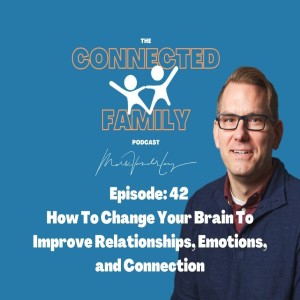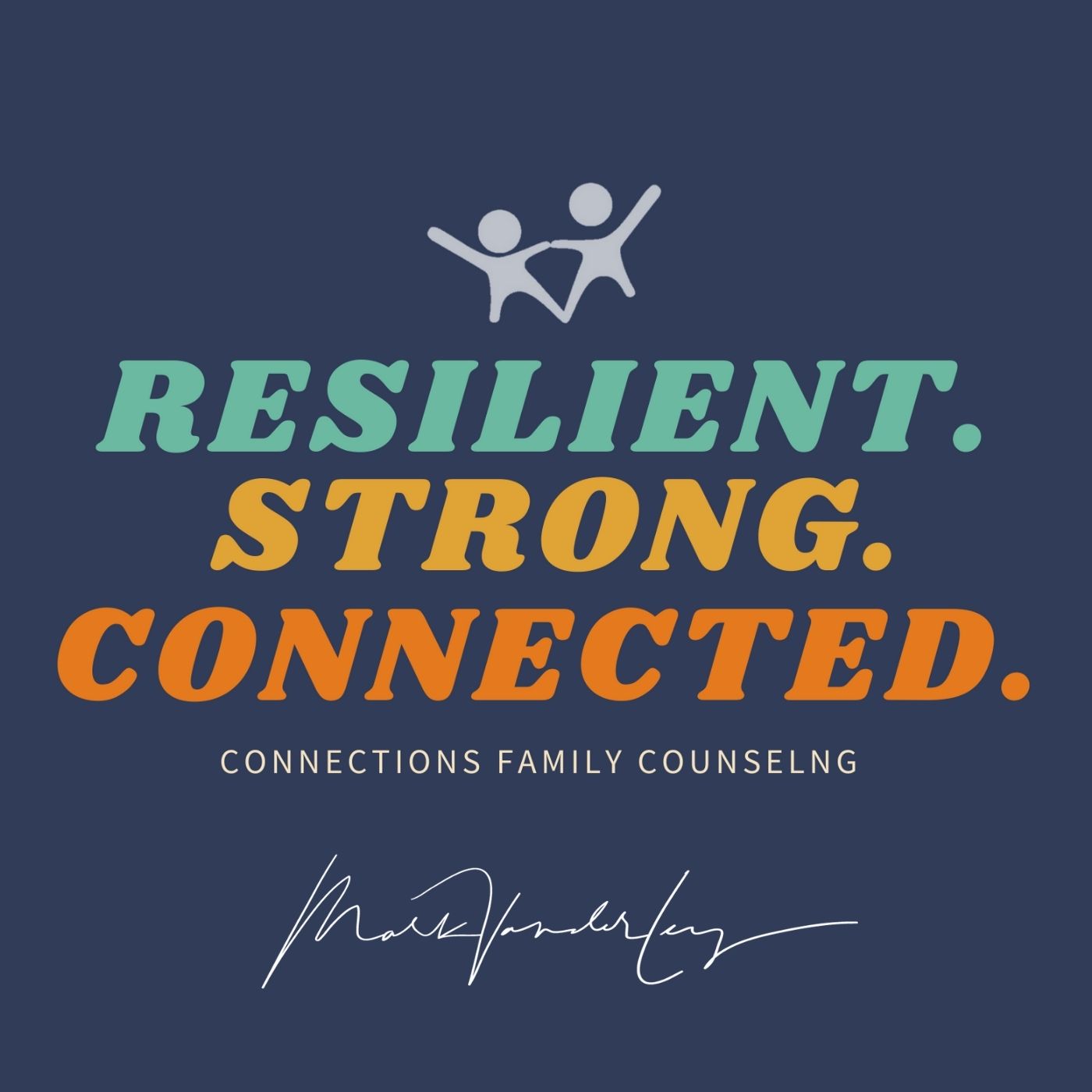Episodes

Sunday Feb 07, 2021
How to Change Your Brain To Improve Relationships, Emotions, and Connection
Sunday Feb 07, 2021
Sunday Feb 07, 2021
How to Change Your Brain To Improve Relationships, Emotions, and Connection.
This time of year, many of us are wondering how to change bad habits. Others plan out ways to accomplish big goals for the year. We may take big ideas and break them down into small steps or we may subscribe to a “Guru’s” fool proof way to “rock out 2019”. I recently read a book that argued the way to change yourself is to change your brain. What? Change my brain how does this work? Would I have to crack my head open and perform a lobotomy? Well, no. Curt Thompson in his book “Anatomy of the Soul” outlines the ways in which we change our relationships by changing our brain.
How to change:
Neuroscientists say that the brain is “plastic” meaning it can change and grow over the entire lifespan. So, Thompson states that we can use the “neuro-plastic triad” to change the way that we function in the relationships, ourself, and the world. He argues that we increase our functioning in relationships, emotion, and memory through aerobic activity, focused attention exercises and novel learning experiences.
Aerobic Activity:
We have always known that exercise is good for us. Most however tend to think of physical exercise as something that changes only our body. We may lose a few pounds, gain more physical strength, or fit into the clothes we wore in our younger days. Thompson argues however that regular vigorous activity actually changes our brain and makes it more responsive for our lives. We may become more able to regulate emotions, handle disappointment or connect with loved ones.
Focused attention exercises:
Changing the brain has to do with creating new “wiring” or, neuro-networks as the scientists call them. Focused attention is how this wiring is created. Some call this type of attention mindfulness. I have written HERE about how to teach your child to be more mindful. Others practice prayer or meditation to accomplish similar purposes. Focused attention allows us to become more aware of what happens inside of us at any particular moment. This awareness creates deeper understanding of ourselves and others. This new understanding allows for more connection to ourselves and the people that matter in our lives.
Novel learning experiences:
Thompson then challenges us to engage in novel learning experiences. These activities should include activities that one is passionate about or things that contain deep meaning for the individual. Memorizing the phone book doesn’t count but such things as art, music, dance, drawing or working with your hands may. Learning something new stretches our neural connections. It causes us to use parts of our brains that we may not have used in a while. This new learning opens up possibilities for learning in other areas and experiences.
So what?
How is the “neuro-plastic triad” helpful for us? Change can be difficult and many of us have experienced failure in our attempts to change. But approaching change from a brain-based perspective allows us to lay the ground work in our mind and body before attempting to change outward behavior. So, start with a short walk while mindfully paying attention to your surroundings or praying. As you gain confidence and traction in that area try something new like playing the ukulele or sketching in a notebook. Take it slow and give yourself grace. You will not be perfect but you will be changing.
References:


No comments yet. Be the first to say something!